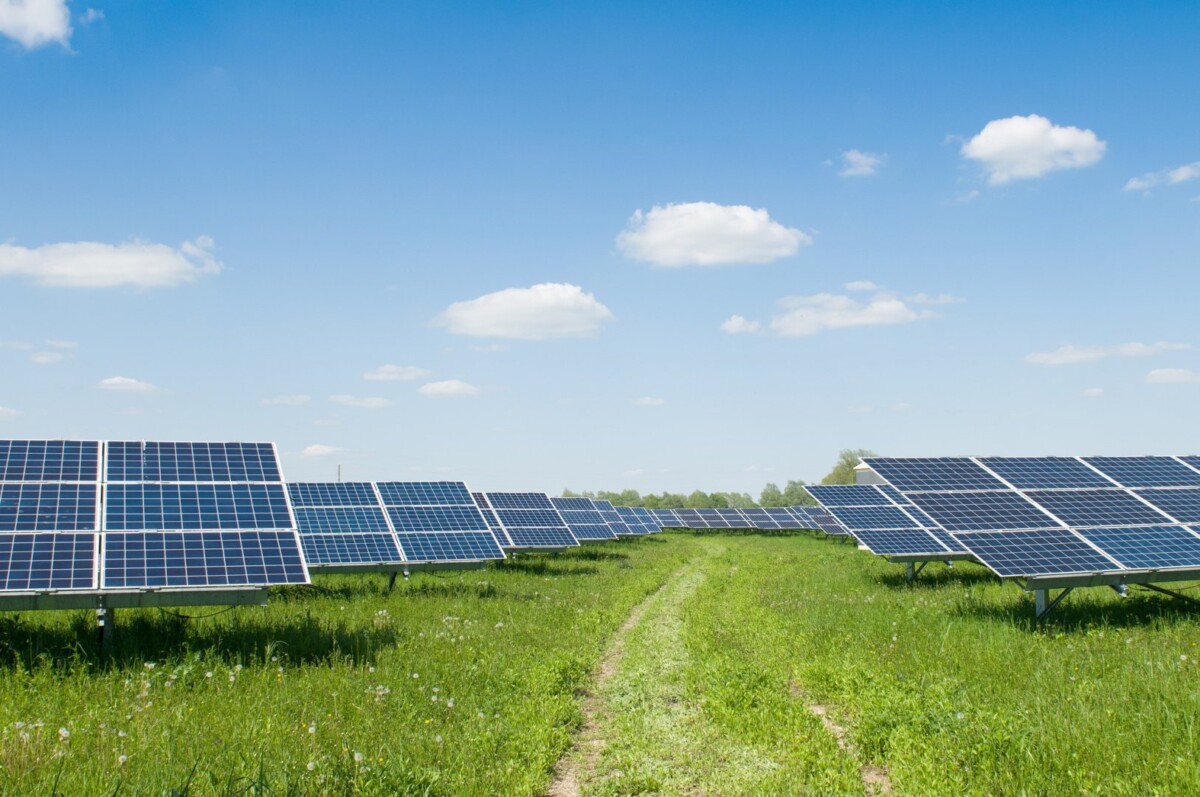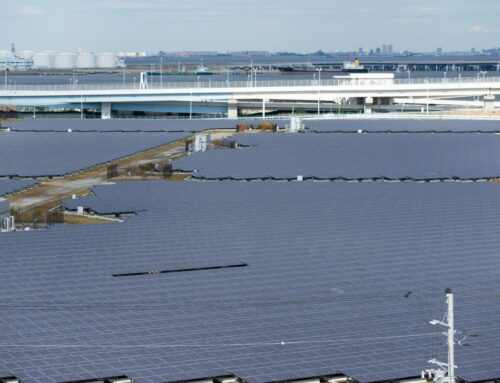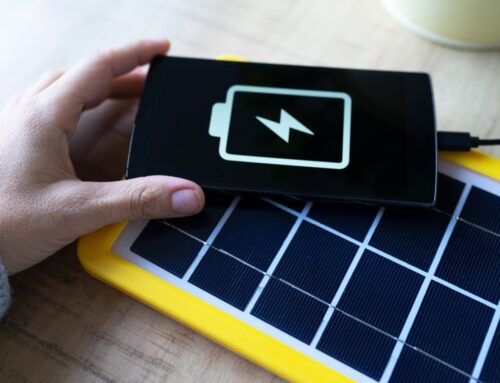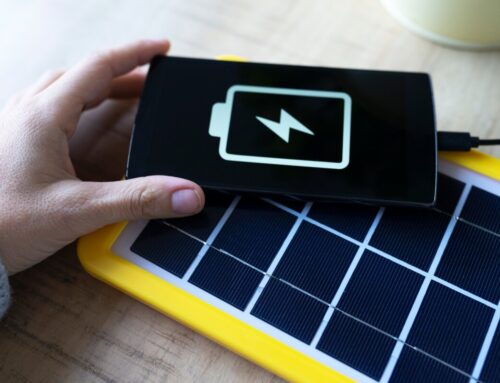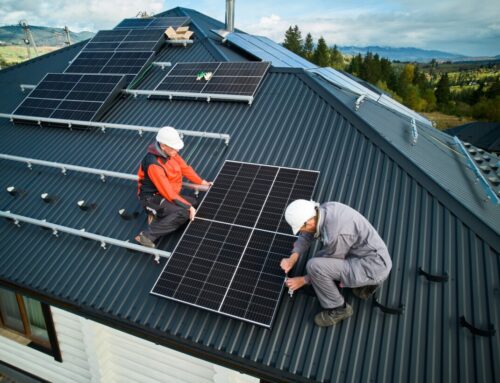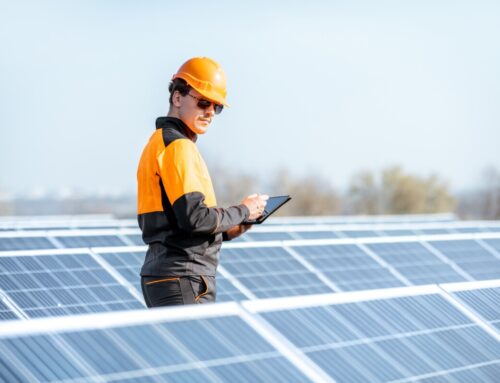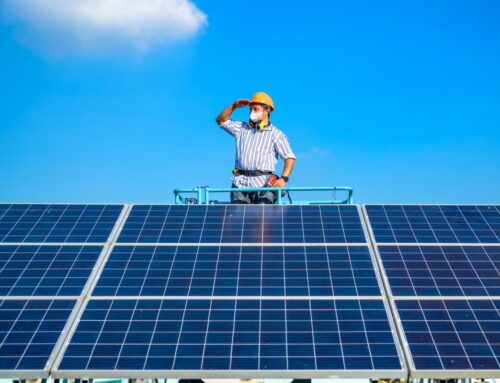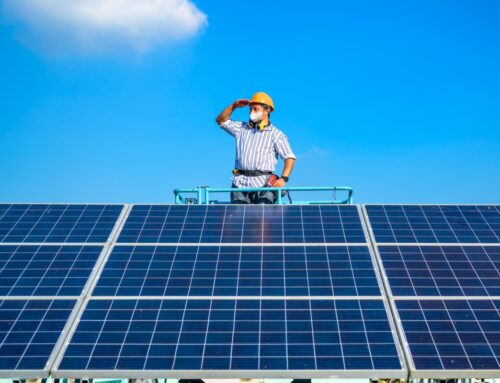Solar Panel Guide: Essential Links & Insights
What Are Solar Panels and How Do They Work?
Have you ever wondered how solar panels can transform sunlight into electricity? Understanding this process is crucial, especially if you’re considering making the switch to renewable energy. Links To Help U Understanding Solar Panels can guide you through the basics and beyond, ensuring you make informed decisions about harnessing solar power for your home or business.
Solar panels, or photovoltaic (PV) panels, are devices that convert sunlight directly into electricity. They are composed of many solar cells made from silicon, a semiconductor material. When sunlight hits these cells, it knocks electrons loose, creating an electric current. This process is known as the photovoltaic effect.
Key Components of Solar Panels
- Solar Cells: The heart of the panel, where sunlight is converted to electricity.
- Inverter: Converts the direct current (DC) produced into alternating current (AC), which powers most home appliances.
- Mounting System: Secures panels in place, typically on rooftops.
Understanding these components and their functions is essential for anyone interested in solar energy. By exploring Links To Help U Understanding Solar Panels, you can dive deeper into how these systems work and their benefits.
The Environmental Benefits of Solar Energy
Are you curious about how solar panels can positively impact the environment? Links To Help U Understanding Solar Panels can guide you through the myriad benefits solar energy offers. As climate change becomes a pressing issue, finding sustainable energy solutions is crucial. Solar energy emerges as a powerful ally in reducing our carbon footprint and promoting a cleaner planet.
Reducing Carbon Emissions
Solar panels generate electricity without emitting harmful greenhouse gases. Unlike fossil fuels, solar energy production is clean and sustainable. By harnessing the sun’s power, we can significantly cut down on carbon emissions, contributing to a healthier atmosphere and combating global warming.
Conserving Water Resources
Traditional energy sources often require substantial water for cooling and processing. Solar panels, however, operate without water, conserving this precious resource. This makes solar energy an excellent choice for regions facing water scarcity, ensuring energy production doesn’t compromise water availability.
Decreasing Air Pollution
Switching to solar energy reduces reliance on fossil fuels, which are major contributors to air pollution. Cleaner air leads to fewer health issues and a better quality of life. By adopting solar power, we can enjoy clearer skies and healthier communities.
Incorporating solar panels into our energy mix not only supports environmental sustainability but also paves the way for a greener future. Explore Links To Help U Understanding Solar Panels to learn more about how you can make a difference.
How to Choose the Right Solar Panel for Your Home
Are you considering making the switch to solar energy but feeling overwhelmed by the options? You’re not alone. Many homeowners face the challenge of selecting the right solar panel system that fits their needs. But don’t worry, we’ve got you covered with Links To Help U Understanding Solar Panels. This guide promises to simplify your decision-making process, ensuring you choose the perfect solar panel for your home.
Choosing the right solar panel involves understanding several key factors. Efficiency is crucial; it determines how much sunlight your panels can convert into usable energy. Look for panels with higher efficiency ratings to maximize your energy output. Durability is another important consideration, especially if you live in an area with harsh weather conditions. Panels made from robust materials will last longer and require less maintenance.
Factors to Consider
- Cost vs. Quality: While cheaper panels might seem appealing, investing in high-quality panels can save you money in the long run.
- Warranty: A longer warranty period often indicates a manufacturer’s confidence in their product’s longevity.
- Installation: Professional installation ensures optimal panel placement and efficiency.
By focusing on these aspects and utilizing Links To Help U Understanding Solar Panels, you’ll be well-equipped to make an informed decision. Transitioning to solar energy is a significant step towards sustainability, and choosing the right panels is crucial for maximizing your investment.
Exploring the Cost-Effectiveness of Solar Panels
Are you curious about how solar panels can save you money? You’re not alone. Many homeowners are eager to reduce their energy bills but are unsure about the initial investment. Links To Help U Understanding Solar Panels can guide you through the financial benefits and potential savings of solar energy. Let’s explore how solar panels can be a cost-effective solution for your home.
Understanding Initial Costs
- Installation Expenses: The upfront cost of solar panels includes equipment and installation fees. However, government incentives and tax credits can significantly reduce these expenses.
- Long-term Savings: Over time, solar panels can drastically cut your electricity bills, often paying for themselves within a few years.
Evaluating Financial Benefits
- Increased Property Value: Homes with solar panels often see a rise in property value, making them a smart investment.
- Energy Independence: By generating your own electricity, you can protect yourself from rising energy costs.
By exploring these Links To Help U Understanding Solar Panels, you can make an informed decision about investing in solar energy. With the right information, you can harness the power of the sun to achieve financial freedom and sustainability.
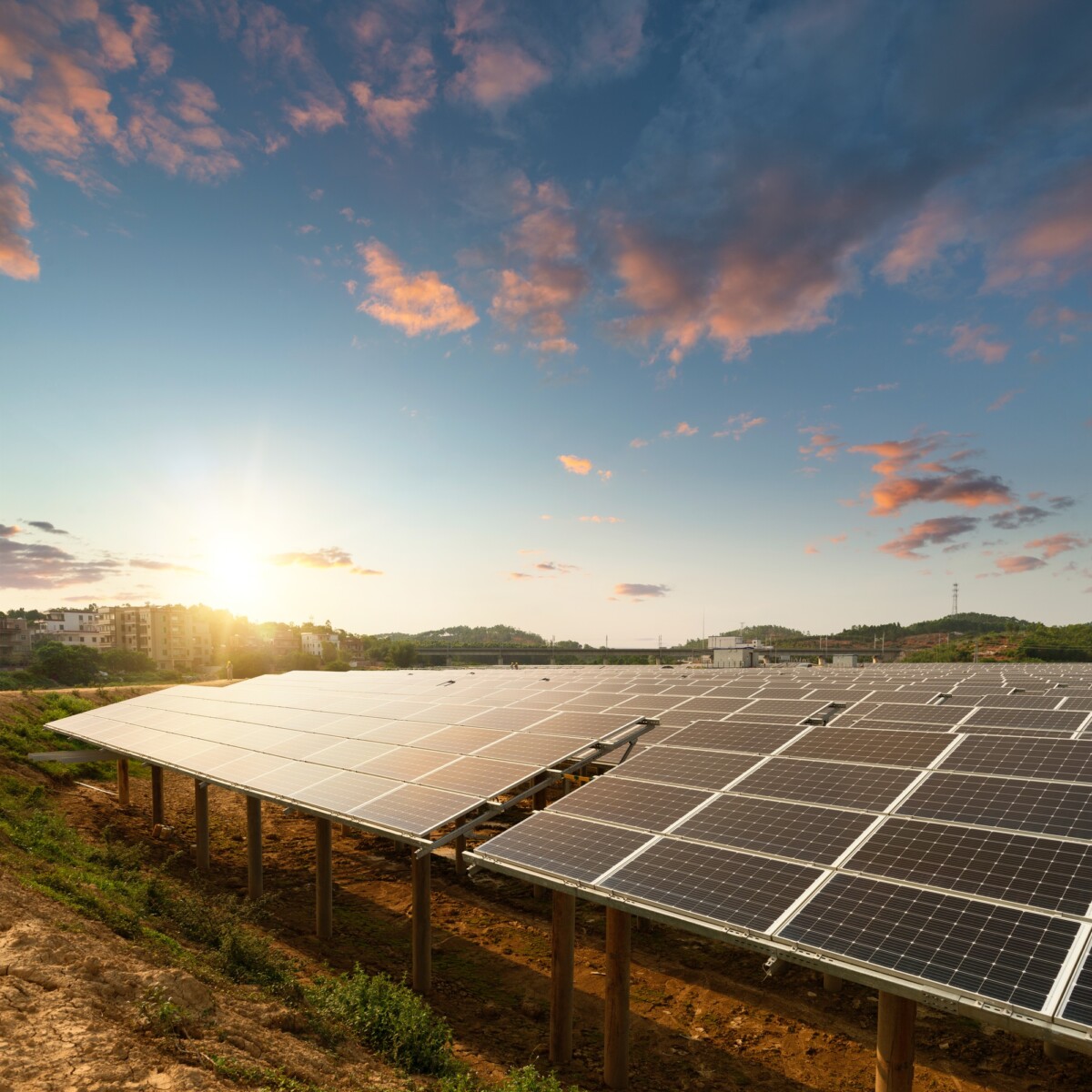
Curious about solar? Let us help you discover how solar energy can revolutionize your home and save you money. Request Your Free Solar Estimate at SOLAR ENERGY
How SolarEnergy Can Help You Understand Solar Panels Better
Are you curious about solar panels but overwhelmed by the technical jargon and endless options? You’re not alone. Many people find themselves lost in the sea of information available online. At SolarEnergy, we understand this challenge and promise to simplify your journey with our comprehensive “Links To Help U Understanding Solar Panels” resource.
Why Choose Solar Panels?
- Environmental Benefits: Solar panels reduce carbon footprints and promote sustainable energy.
- Cost Savings: Over time, they can significantly lower your electricity bills.
- Energy Independence: Generate your own power and reduce reliance on the grid.
Navigating Solar Panel Options
Understanding the different types of solar panels can be daunting. Our curated links guide you through the maze of options, from monocrystalline to polycrystalline, ensuring you make an informed decision. With easy-to-digest articles and expert insights, you’ll quickly grasp the pros and cons of each type.
Installation and Maintenance Tips
Once you’ve chosen your solar panels, the next step is installation and maintenance. Our resources offer step-by-step guides and practical tips to ensure your solar panels are installed correctly and maintained efficiently. From choosing the right installer to understanding warranty terms, we cover it all.
By leveraging the “Links To Help U Understanding Solar Panels” on SolarEnergy, you gain access to a wealth of knowledge that empowers you to make smart, sustainable choices. Explore our resources today and take the first step towards a greener future.
The Future of Solar Technology: Innovations on the Horizon
Solar technology is advancing at a rapid pace, and staying informed is crucial. Links To Help U Understanding Solar Panels can guide you through the latest innovations that promise to revolutionize how we harness solar energy. The problem many face is keeping up with these advancements, but with the right resources, you can stay ahead of the curve and make informed decisions about solar investments.
Emerging Technologies
- Perovskite Solar Cells: These are gaining attention for their potential to surpass traditional silicon cells in efficiency and cost-effectiveness.
- Bifacial Panels: Capture sunlight from both sides, increasing energy output without additional space.
Integration with Smart Technology
Solar panels are now integrating with smart home systems, allowing for better energy management and efficiency. This integration means your solar system can communicate with your home devices, optimizing energy use and reducing waste.
Environmental Impact
Innovations in solar technology are not just about efficiency but also sustainability. New manufacturing processes are reducing the carbon footprint of solar panels, making them an even greener choice for the environment. By exploring Links To Help U Understanding Solar Panels, you can discover how these advancements contribute to a more sustainable future.
Common Misconceptions About Solar Panels Debunked
Are you curious about solar panels but overwhelmed by conflicting information? You’re not alone. Many people hesitate to adopt solar energy due to misconceptions. But fear not, as this section provides Links To Help U Understanding Solar Panels better by debunking common myths. Let’s clear the air and illuminate the truth about solar energy.
Solar Panels Are Too Expensive
One prevalent myth is that solar panels are prohibitively expensive. While the initial investment might seem high, the long-term savings on electricity bills can outweigh the costs. Moreover, government incentives and financing options make solar panels more accessible than ever.
Solar Panels Only Work in Sunny Climates
Another misconception is that solar panels are only effective in sunny regions. In reality, solar panels can generate electricity even on cloudy days. Countries with less sunshine, like Germany, are leading in solar energy adoption, proving that solar panels are versatile and efficient.
Solar Panels Require Constant Maintenance
Many believe that solar panels demand frequent upkeep. However, they are designed to be low-maintenance. Occasional cleaning and annual inspections are usually sufficient to keep them functioning optimally. This ease of maintenance makes solar energy a hassle-free choice for homeowners.
By addressing these misconceptions, we hope to provide Links To Help U Understanding Solar Panels more clearly, empowering you to make informed decisions about embracing solar energy.
How to Maintain and Maximize the Efficiency of Your Solar Panels
Are you looking to harness the full potential of your solar panels? Understanding how to maintain and maximize their efficiency is crucial. Links To Help U Understanding Solar Panels can guide you through this process, ensuring your investment pays off in the long run. Let’s explore some practical tips to keep your solar panels performing at their best.
Regular Cleaning and Inspection
- Dust and Debris: Regularly clean your solar panels to remove dust, leaves, and bird droppings that can block sunlight.
- Visual Inspection: Check for cracks or damage to the panels and wiring. Addressing these issues promptly can prevent efficiency loss.
Optimize Panel Positioning
- Angle Adjustment: Ensure your panels are positioned at the optimal angle to capture maximum sunlight throughout the year.
- Shade Management: Trim nearby trees or structures that may cast shadows on your panels, reducing their efficiency.
Monitor Performance
- Use Monitoring Systems: Install a solar monitoring system to track the performance of your panels and detect any anomalies.
- Professional Maintenance: Schedule regular professional check-ups to ensure all components are functioning correctly and efficiently.
Understanding Solar Incentives and Rebates: What You Need to Know
Are you considering solar panels but overwhelmed by the costs? You’re not alone. Many homeowners hesitate due to the initial investment. However, Links To Help U Understanding Solar Panels can guide you through the maze of solar incentives and rebates, making solar energy more affordable than ever. Let’s explore how these incentives can significantly reduce your solar panel costs.
Federal Tax Credits
One of the most significant incentives is the federal tax credit, which allows you to deduct a portion of your solar costs from your taxes. This credit can cover up to 26% of your installation expenses, making solar panels a more viable option.
State and Local Rebates
In addition to federal incentives, many states offer their own rebates and incentives. These can vary widely, so it’s crucial to research your local options. Links To Help U Understanding Solar Panels can provide detailed information on what’s available in your area.
- Net Metering: This allows you to sell excess energy back to the grid, further offsetting costs.
- Performance-Based Incentives: These pay you for the energy your system produces, adding another layer of savings.
By leveraging these incentives, you can make solar energy a cost-effective and sustainable choice for your home.
Don’t wait to go solar! Thousands of homeowners are saving—join them and start reaping the benefits.
Book Your Free Consultation at SOLAR ENERGY
Explore additional solar solutions at NEW SOLAR QUOTES and discover how it can benefit your home!

